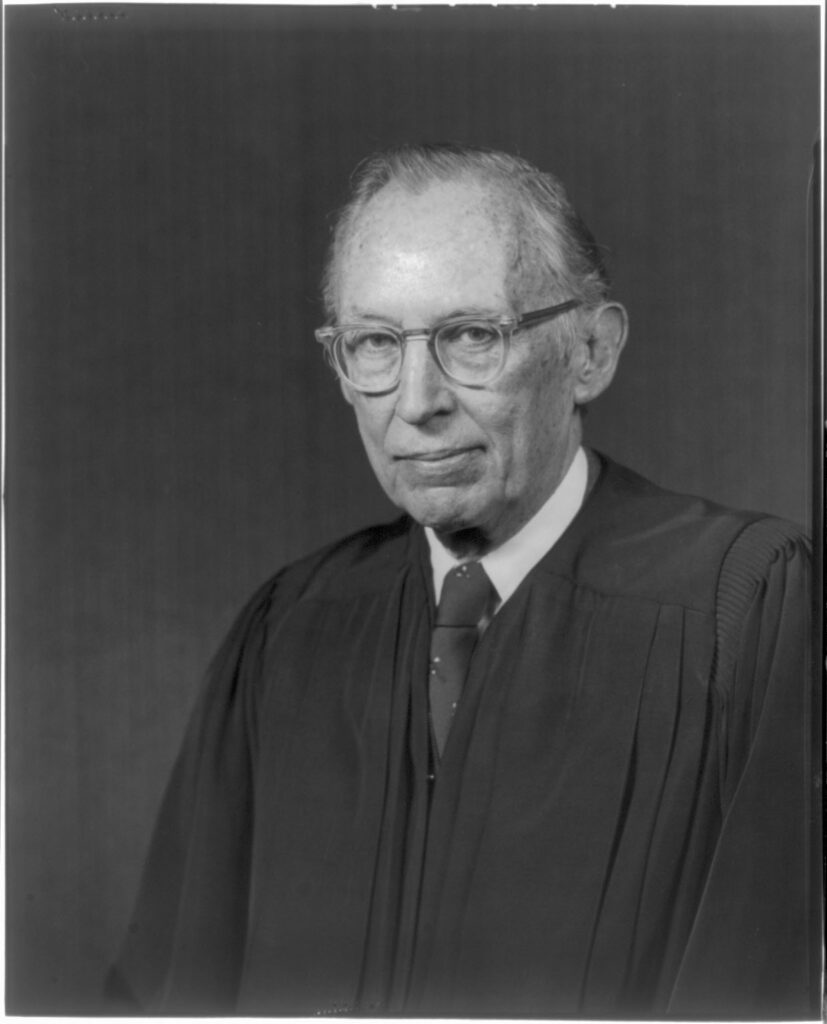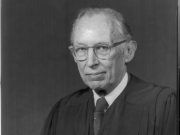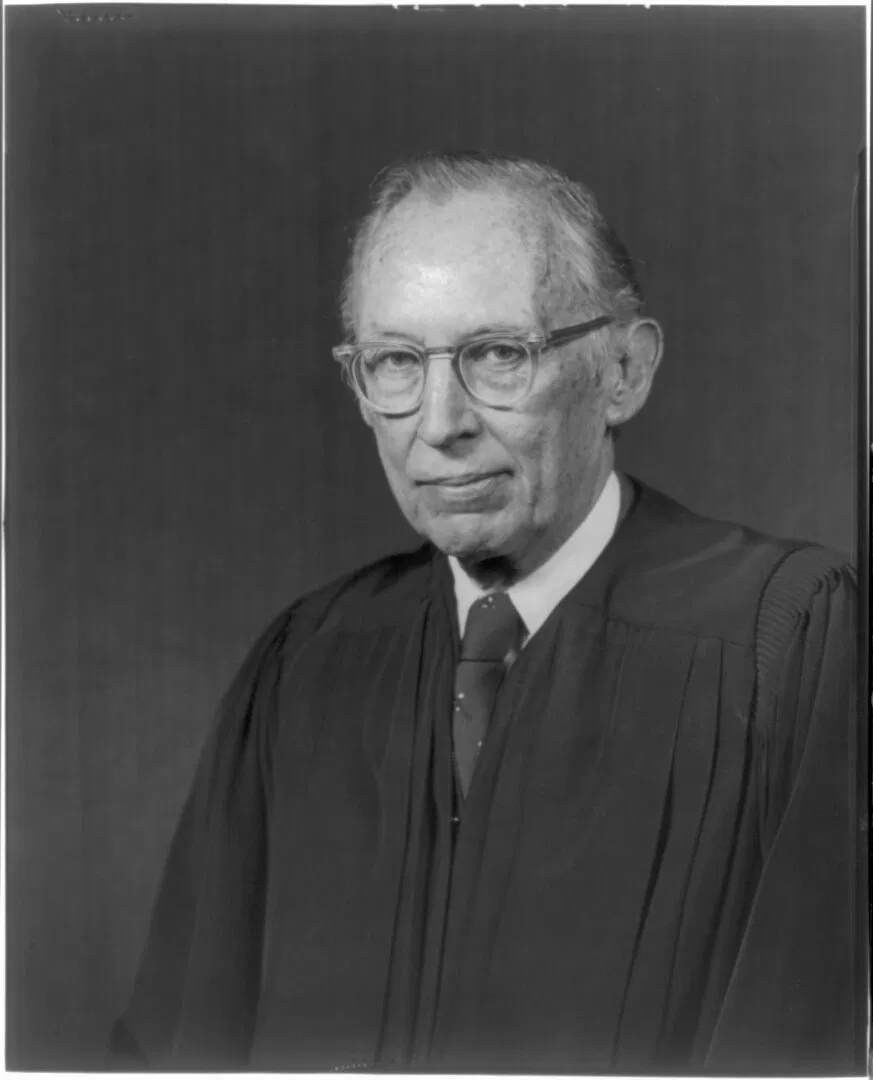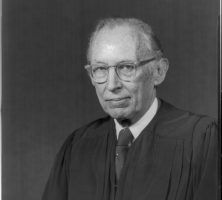In Gregg v. Georgia (1976), the U.S. Supreme Court rejected the argument that capital sentencing was in its nature “cruel and unusual punishment” banned by the Eighth Amendment. Even so, in ensuing cases litigants have raised a host of constitutional challenges directed at particular features of death-penalty laws and their operation.
The most far-reaching post-Gregg challenge to capital sentencing came in McCleskey v. Kemp (1987). Warren McCleskey was a Black man convicted of murdering a white police officer in Fulton County. In attacking his death sentence, McCleskey brought before the Court an expert statistical study, widely known as the “Baldus study,” that indicated that juries in Georgia are far more likely to impose the death penalty if the victim is white and most likely to impose the death penalty if the victim is white and the murderer is Black. According to McCleskey, this evidence showed that Georgia’s guided-discretion scheme, which had been adopted in the wake of Furman v. Georgia (1972), was so fraught with race discrimination in its real-world application that it violated both the Eighth Amendment and the “equal protection” clause of the Fourteenth Amendment.
The Court, however, rejected this argument, thus saving Georgia’s capital sentencing scheme from potentially insuperable constitutional difficulties. Writing for a five-justice majority, Justice Lewis Powell noted that McCleskey had offered “no evidence specific to his own case that would support an inference that racial considerations played a part in his sentence” and added that “where the discretion that is fundamental to our criminal process is involved, we decline to assume that what is unexplained is invidious.” Justice William Brennan acknowledged in a dissent that “any humanly imposed system of penalties will exhibit some imperfection.” Even so, he continued, “to reject McCleskey’s powerful evidence on this basis is to ignore both the qualitatively different character of the death penalty and the particular repugnance of racial discrimination.”

Courtesy of Library of Congress, Prints and Photographs Division






